
Bethany Brookshire was a longtime staff writer at Science News Explores and is the author of the book Pests: How Humans Create Animal Villains. She has a B.S. in biology and a B.A. in philosophy from The College of William and Mary, and a Ph.D. in physiology and pharmacology from Wake Forest University School of Medicine. She was a 2019-2020 Knight Science Journalism Fellow at MIT, the winner of the Society for Neuroscience Next Generation Award and the Three Quarks Daily Science Writing Award, among others.

All Stories by Bethany Brookshire
-
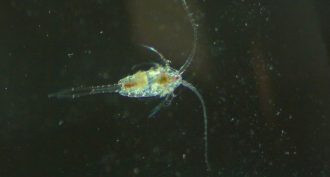 Animals
AnimalsEating toxic algae makes plankton speedy swimmers
After slurping up harmful algae, copepods swim fast and straight — making them easy prey for hungry predators.
-
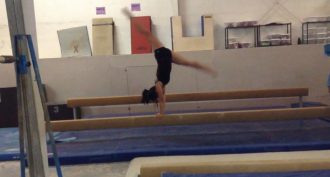
Teen gymnast finds how best to keep her grip
Unsatisfied with anecdotal opinions on which type of gymnastics chalk was best, a teen used science to find out for herself.
-
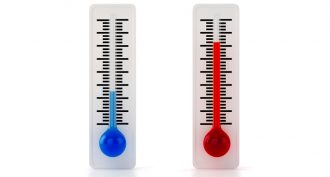 Physics
PhysicsScientists Say: Absolute zero
Even when we think it’s cold out, most molecules are moving. Only at absolute zero will all of their motions stop.
-
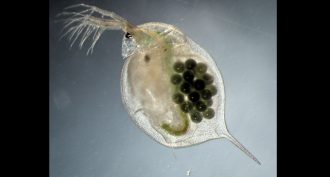 Earth
EarthCommon water pollutants hurt freshwater organisms
The germ killers we use and the drugs we take don’t just disappear. They can end up in the environment. There they can harm aquatic organisms, three teens showed.
-
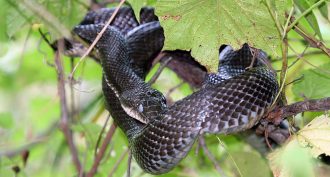 Animals
AnimalsSnakes go dark to soak in the sun
Snakes are paler in the South and darker in the North. The darker species absorb heat more quickly, a teen showed.
-
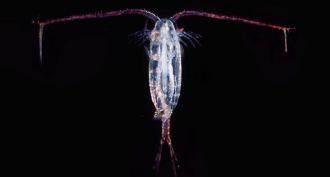 Animals
AnimalsScientists Say: Copepod
Copepods are tiny crustaceans. They eat phytoplankton and float in the water column, although some live in freshwater and on the sea floor.
-
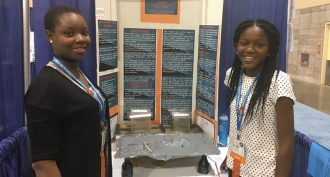
Teens share what inspired them in STEM
What inspires kids to pursue science, technology, engineering and math? These teens share their stories.
-
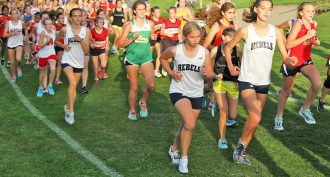
Taking science to the track
An athlete took on science research with a few friends and a heart monitor.
-
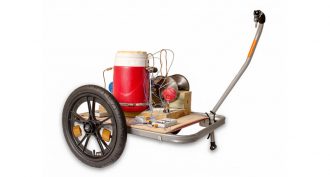 Health & Medicine
Health & MedicineKeeping samples cool without electricity
When vaccines and blood get too warm or cold, they can become useless. Two teens invented ways to keep their temperatures just right, no matter where they are.
-
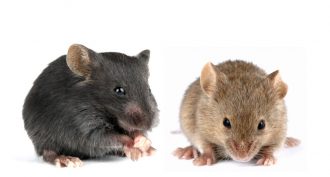 Life
LifeScientists Say: Strain
These are organisms that belong to the same species, but have definable differences.
-
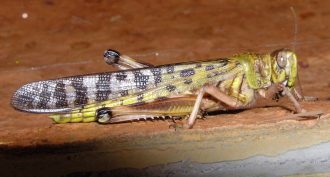 Animals
AnimalsInsects can patch their broken ‘bones’
When insects suffer wounds, they can mend their ‘skeleton’ with a patch on the inside. This makes the leg strong again, new data show.
-
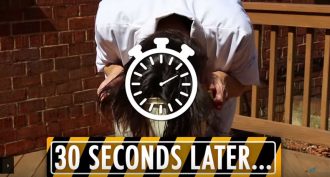
Help us fund the Eureka! Lab video series
I want to make a video series that turns demonstrations into real experiments. But to do it, I need your help.